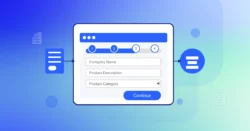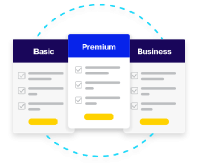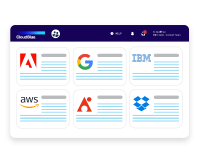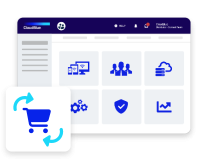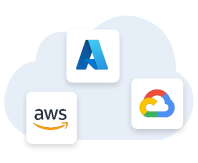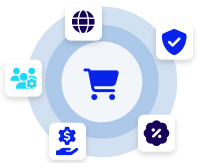Recurring revenue refers to the predictable and regular stream of revenue generated by a business from ongoing subscriptions, licenses, or usage-based fees. In SaaS, recurring revenue is a fundamental and critical component of the business model.
Here’s why recurring revenue is important to the SaaS industry:
- Predictability and Stability: Recurring revenue provides a predictable and stable income stream for SaaS companies. Instead of relying solely on one-time sales, SaaS companies can generate revenue on an ongoing basis, typically through subscriptions or recurring billing. This predictability allows for better financial planning, investment decisions, and business growth strategies.
- Customer Lifetime Value: Recurring revenue is closely tied to the concept of customer lifetime value (CLTV). CLTV represents the total revenue a customer is expected to generate over the duration of their relationship with the SaaS company. By focusing on recurring revenue, SaaS companies can maximize CLTV by retaining customers for longer periods, upselling or cross-selling additional services, and reducing customer churn.
- Cash Flow and Valuation: The recurring nature of revenue in the SaaS model positively impacts cash flow. Regular incoming revenue provides the necessary funds for ongoing operations, product development, customer support, and further growth. Additionally, the predictability and stability of recurring revenue can enhance the valuation of SaaS companies, making them more attractive to investors and potential acquirers.
- Customer Engagement and Relationships: SaaS companies have a vested interest in maintaining strong customer relationships due to the recurring revenue model. By continuously delivering value through their software and services, SaaS providers can increase customer satisfaction, loyalty, and retention. This emphasis on customer engagement can result in long-term partnerships, positive word-of-mouth referrals, and reduced customer acquisition costs.
- Scalability and Growth Potential: Recurring revenue enables SaaS companies to scale their operations more effectively. As the customer base expands, revenue continues to grow without solely relying on acquiring new customers. This scalability factor is especially valuable in the SaaS industry, where the marginal cost of serving additional customers is relatively low compared to traditional software businesses.
- Continuous Product Improvement: The recurring revenue model incentivizes SaaS companies to invest in ongoing product improvement and innovation. Since customers are continuously paying for the service, there is a strong motivation for SaaS providers to deliver regular updates, new features, and enhancements to keep customers satisfied and prevent churn.




